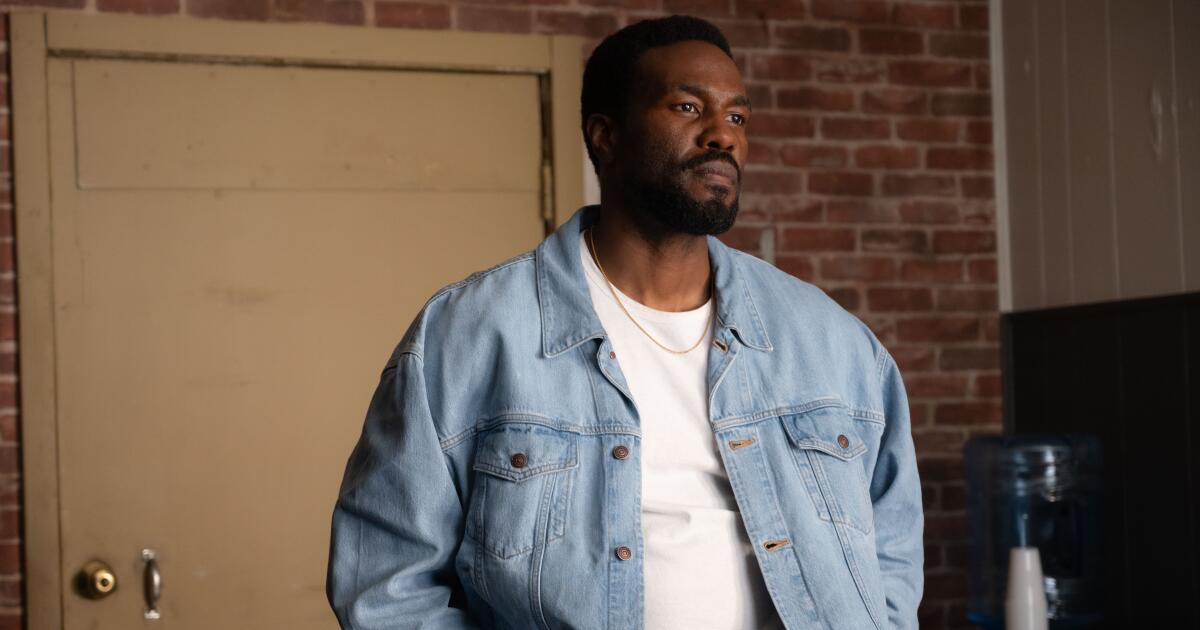Chris Hemsworth & Tom Holland’s Big Budget Disappointment Creature Feature Finds Redemption on Streaming 11 Years Later

According to FlixPatrol, In the Heart of the Sea is currently the tenth most popular movie on Prime Video in the U.S. as of January 26th. The film has reappeared on the platform’s Top 10 list after fluctuating between the tenth and seventh spots last week.








